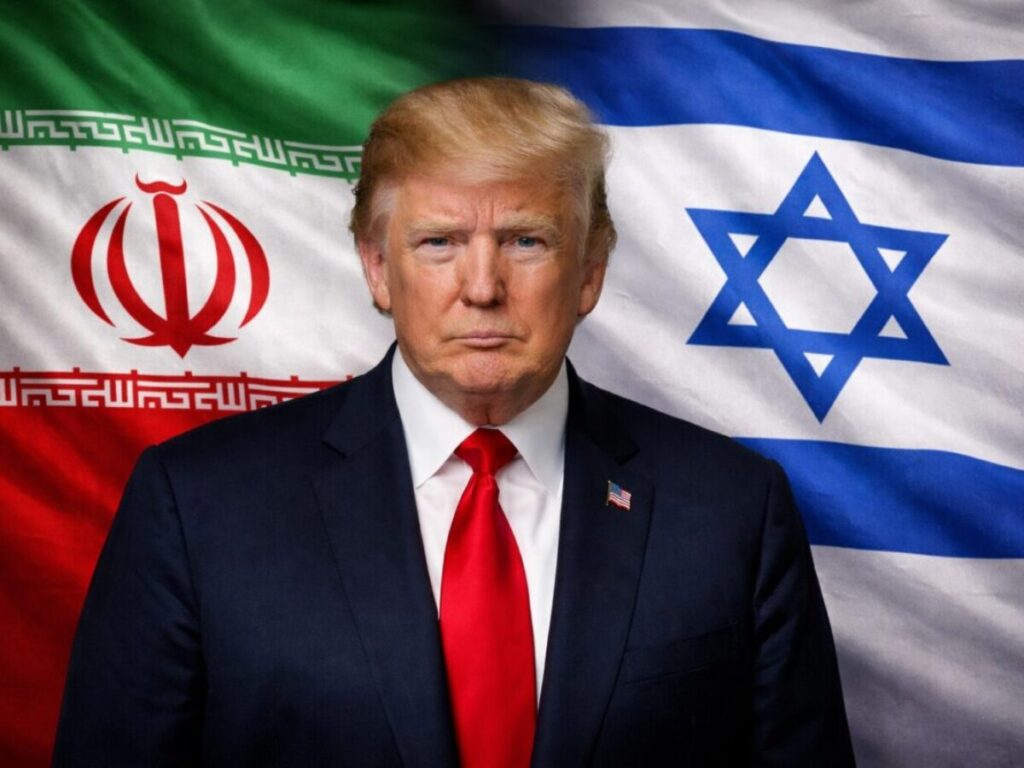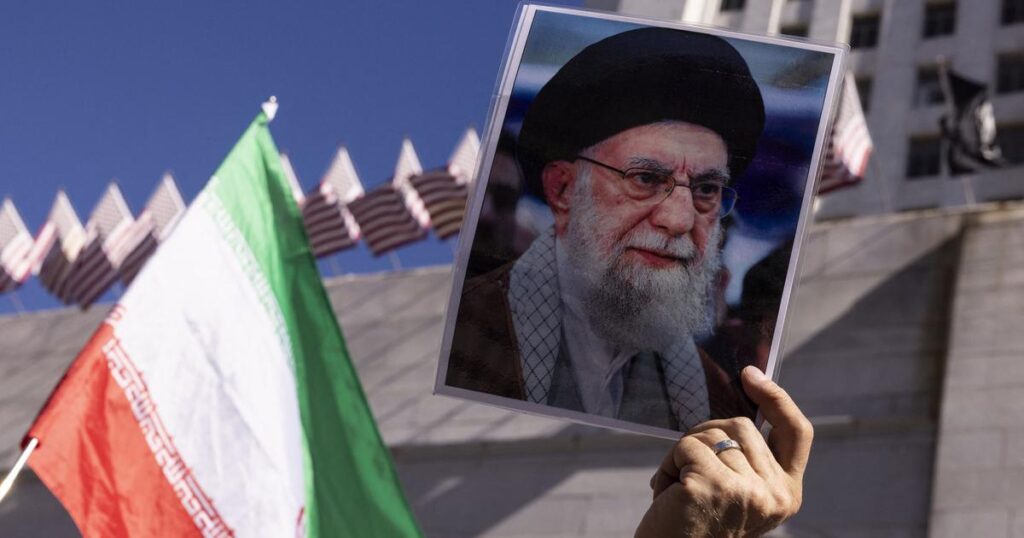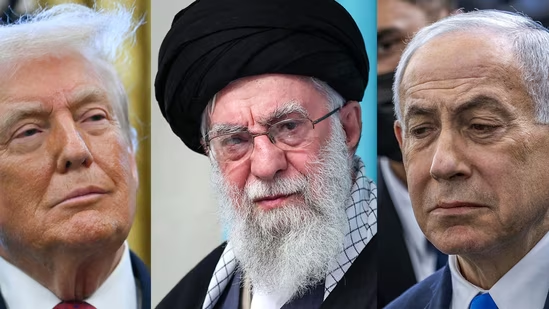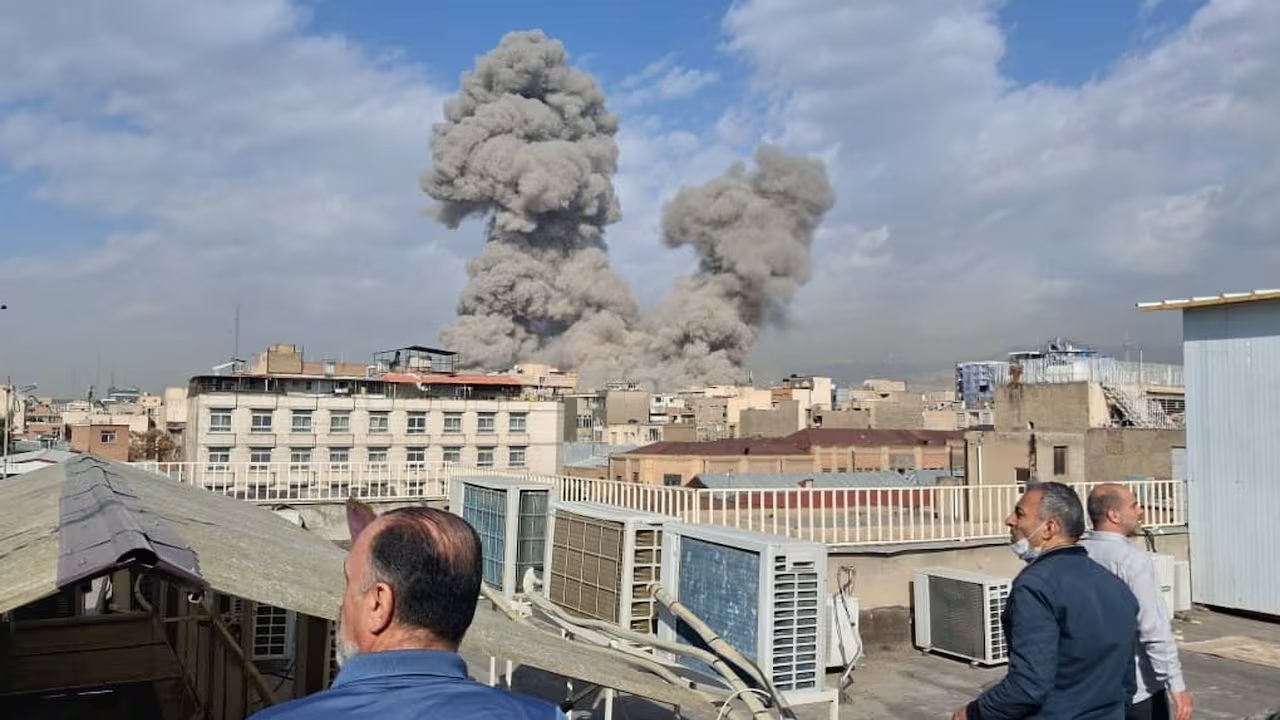
A leader of the Yakuza transnational organized crime syndicate from Japan, Takeshi Ebisawa, has been indicted by the United States for his involvement in attempting to traffic nuclear materials to Iran.
The US Justice Department revealed on Wednesday that Ebisawa is accused of conspiring to transfer uranium and weapons-grade plutonium from Myanmar to Iran for use in its nuclear program.
In early 2020, Ebisawa approached an undercover agent working for the US Drug Enforcement Administration (DEA) in Thailand, offering a large quantity of uranium and plutonium and requesting assistance in finding a buyer.
The Yakuza leader provided the undercover agent with photographs of substances, claiming to be uranium and plutonium, along with lab analyses indicating the presence of thorium and uranium.
Following a DEA investigation, the undercover agent connected Ebisawa with an associate posing as an Iranian general. The Yakuza leader suggested supplying plutonium, deeming it more potent than uranium for nuclear weapons production.
Thai authorities confiscated the samples provided by Ebisawa, and subsequent analysis by a US nuclear forensic laboratory confirmed the presence of uranium and weapons-grade plutonium.
Damian Williams, the US Attorney for the Southern District of New York, emphasized the gravity of the indictment, stating that Ebisawa conspired to traffic nuclear materials fully aware that they would be used in the development of a nuclear weapons program.
Matthew G. Olsen, the Assistant Attorney General of the Justice Department’s National Security Division, underscored the potential dire consequences of such a trade and pledged accountability for those threatening US national security and international stability.
Ebisawa’s illicit activities extended beyond nuclear trafficking, as he also negotiated with the DEA’s undercover agent in May 2021 to purchase military-grade weapons, including surface-to-air missiles, for an insurgent group in Myanmar.
DEA Administrator Anne Milgram condemned the Yakuza leader’s engagement in weapons, narcotics, and nuclear material transactions, highlighting the disregard for human life demonstrated by such criminal enterprises.
The news comes amid heightened concerns about Iran’s nuclear program. Ali-Akbar Salehi, the former head of Iran’s nuclear agency, recently asserted that the country possesses everything needed for a nuclear weapon.
The head of the UN’s nuclear watchdog, Rafael Grossi, reported that Iran continues to enrich uranium well beyond commercial nuclear use, raising concerns about the country’s nuclear ambitions. Iran denies seeking nuclear weapons, but its actions have raised international suspicions.




